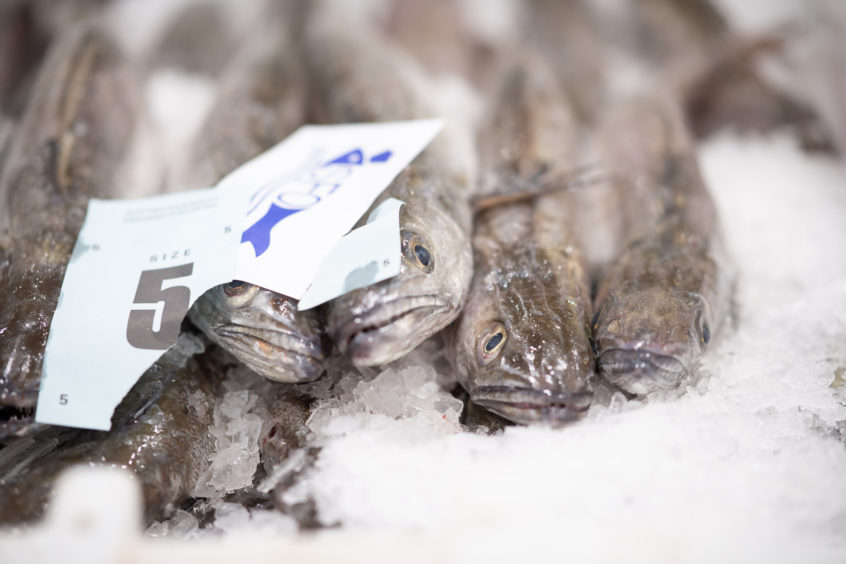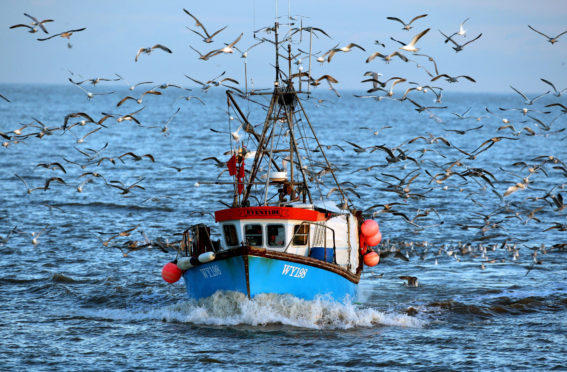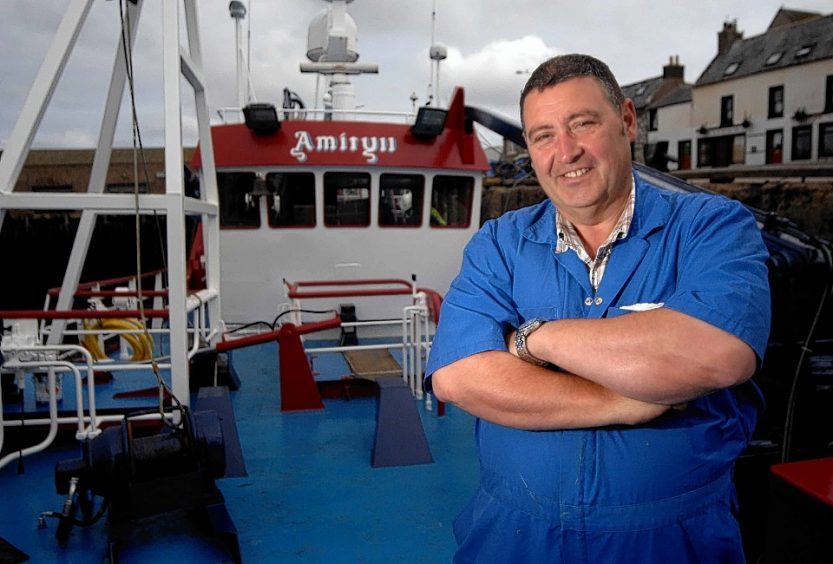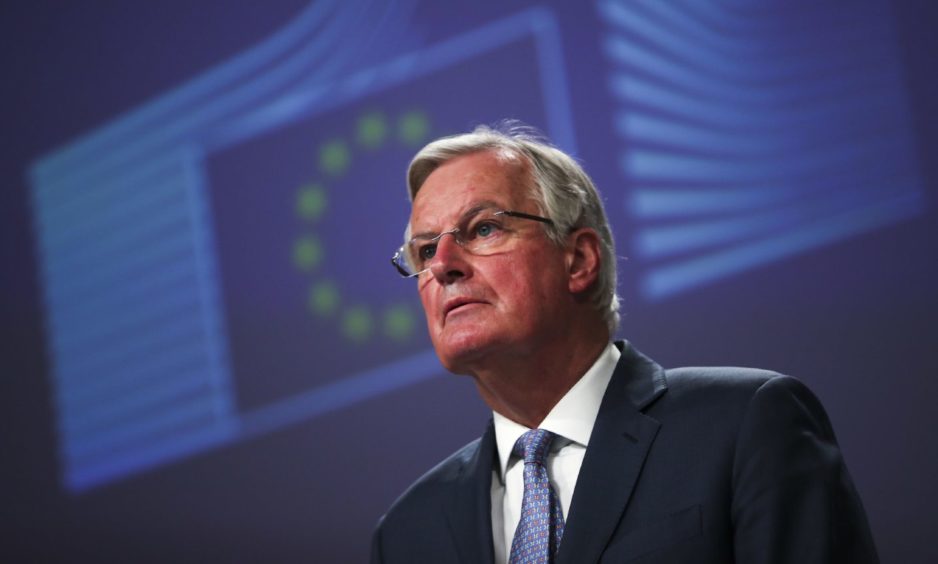Fishing deal talks with the European Union could rumble on as late as December, environment secretary George Eustice told peers as he admitted the gap between negotiating positions “remained quite wide”.
Since the start of trade talks in January the EU has demanded “status quo” access to UK waters, which would essentially mean a continuation of the common fisheries policy – something that has been categorically rejected by Boris Johnson.
Mr Eustice, appearing before a House of Lords committee, said there was “still some way to go” in reaching an agreement but offered one note of optimism.
“Our sense is that there might be a slight change from the EU because I think they’re starting to understand the international law in this area,” he said.
“I think they’re starting to understand that the starting point isn’t the common fisheries policy, the starting point is that we’re an independent coastal state”.
But he hastened to add that talks could run “as late as December”.

The Cabinet minister was later quizzed on the impact of a no-deal exit on the fish processing sector.
Scottish processing bosses warned last year that the industry could face a yearly bill of £34 million to export to Europe without a deal.
Mr Eustice said: “Although tariffs on exports are obviously always going to be unwelcome, it’s important to note that on the key species that we export, the tariffs are reasonable.
“Farmed salmon from Scotland is a really big export and the tariff there is only about two or three per cent and on shellfish it’s an average of around seven or eight per cent.
“We obviously wouldn’t want those tariffs if they could be avoided, but they would be manageable and certainly the message from the industry generally is: don’t sell out the catching sector on our behalf.”
More catch allocation means more fish, which means more opportunity for growth for my members.”
Jimmy Buchan
Aberdeen fish merchant Andrew Charles urged caution, he said: “The processing sector has over the last three decades been treated incredibly badly by all governments; it’s been taken for granted, it hasn’t been supported and it hasn’t been given an environment which would attract investment and allow it to thrive and prosper.
“We’ve lost thousands of jobs over the last 10 years, which has been a period of growth in the fishing industry, because of the lack of value government place on fish processing.”
He added: “One of our biggest markets in the white fish industry, shellfish industry and pelagic industry is Europe. So we have to work together, we’ve got to find solutions and we’ve got to be able to trade back and forth.”
Jimmy Buchan, chief executive of the Scottish Seafood Association, added: “I have no quarrel with the catching sector because they have a journey that they are on, and, if successful, it will be to the benefit of the fishing industry in general.
“More catch allocation means more fish, which means more opportunity for growth for my members.”
The comments came as talks on a deal resumed in London between EU chief negotiator Michel Barnier and the prime minister’s Europe adviser, David Frost.
Mr Barnier said the negotiators are “working hard for a fair agreement” with the UK, including on the key sticking points of fisheries and the “level playing field” arrangements designed to prevent the UK undercutting the EU by lowering standards and increasing state subsidies.


